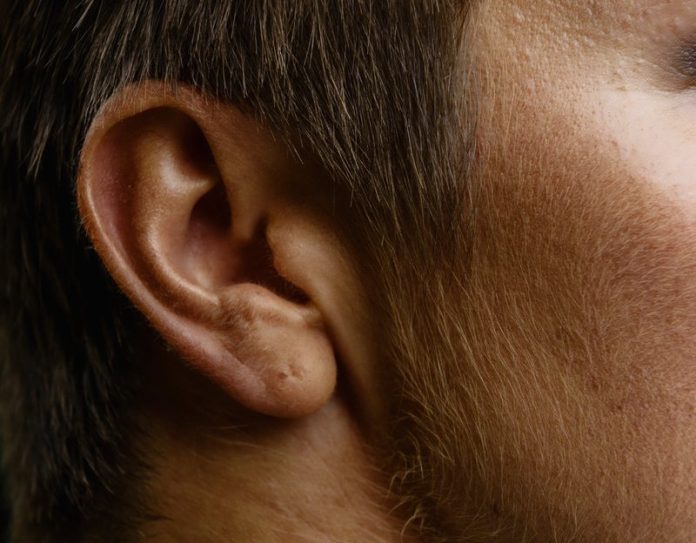
In a new study, researchers found that bone disease medications may reverse hearing loss.
The findings may pave the way for trials to test bone density medications for hearing loss.
The research was conducted by a team from Harvard Medical School.
Hearing loss caused by damaged nerves, whether from sound exposure or aging, is irreversible.
There are currently no medications approved by the Food and Drug Administration (FDA) to treat and reverse the most common type of hearing loss, called sensorineural hearing loss (SNHL).
But the new study hopes to pave the way for future trials to see whether this type of treatment can be used in people.
In the study, the team found medications called bisphosphonates, which are commonly used to prevent bone density loss, were able to regrow damaged nerve connections in the inner ear in mice with SNHL.
While the findings require further studying in animal models, the research team hopes it could be a promising target for conducting clinical trials in people with SNHL.
This is a significant finding because it opens the possibility for repurposing bisphosphonates, which typically treat severe osteoporosis and metastatic bone disease, for the treatment of sensorineural hearing loss.
The team further suggests that their finding provides possible mechanisms that could explain why some patients in the clinic have improved their ability to recognize speech after bisphosphonate treatment.
They hope the promising results from this pilot study can lead to clinical trials within the next several years.
Disabling hearing loss affects 466 million people worldwide and 56 million in the United States—numbers that are expected to more than double over the next two decades.
Hearing loss can take a toll on health and well-being, and untreated hearing loss costs more than $750 billion in health care spending each year worldwide, due to more hospital stays and greater need for emergency rooms and clinical visits.
One author of the study is Konstantina Stankovic, HMS associate professor of otolaryngology head and neck surgery at Mass. Eye and Ear.
The study is published in Frontiers in Molecular Neuroscience.
Copyright © 2020 Knowridge Science Report. All rights reserved.



